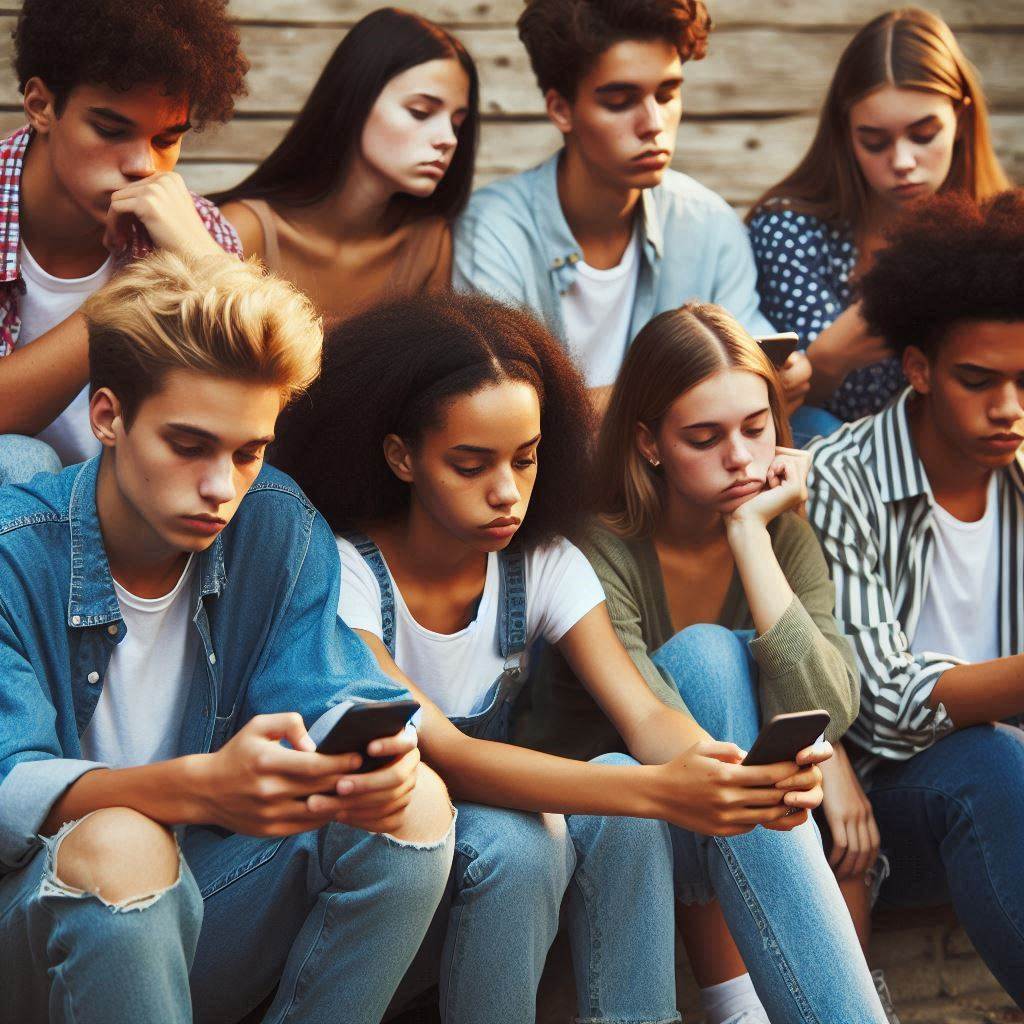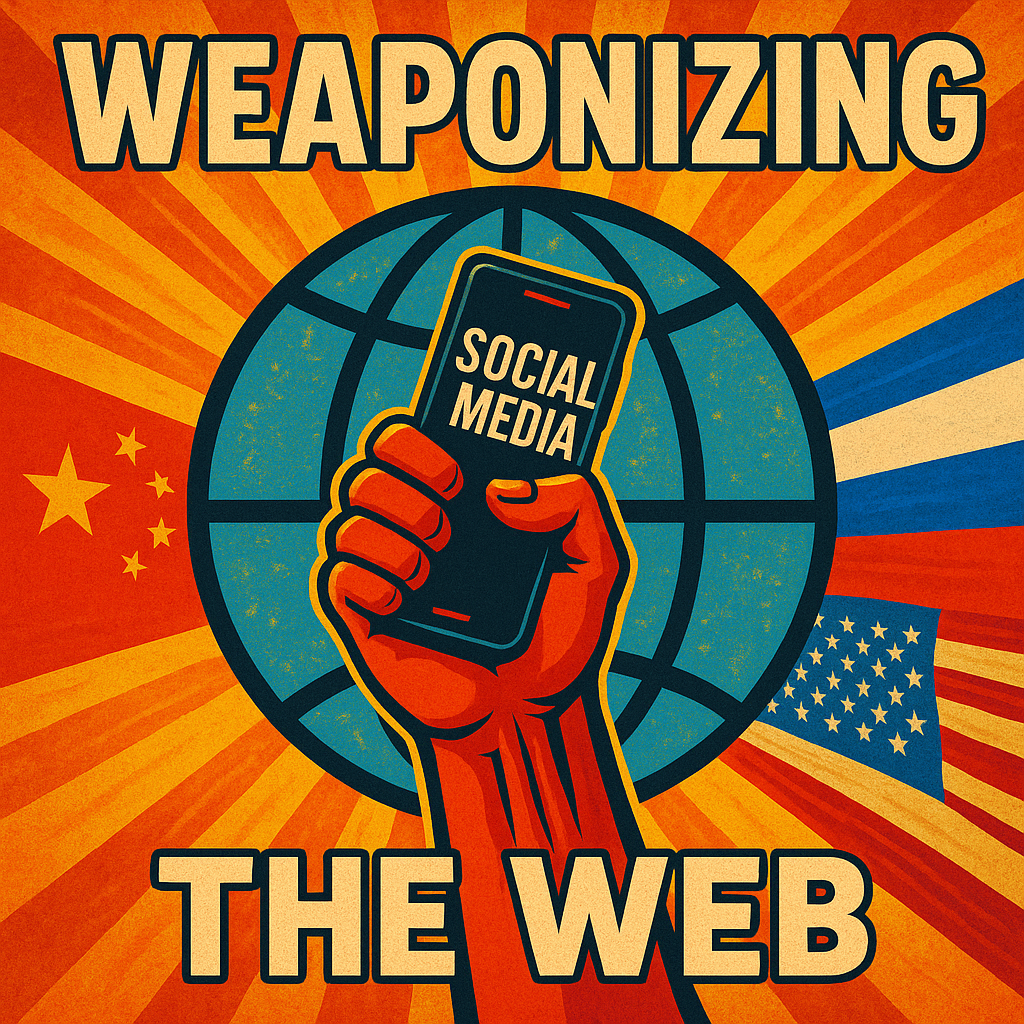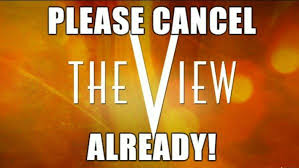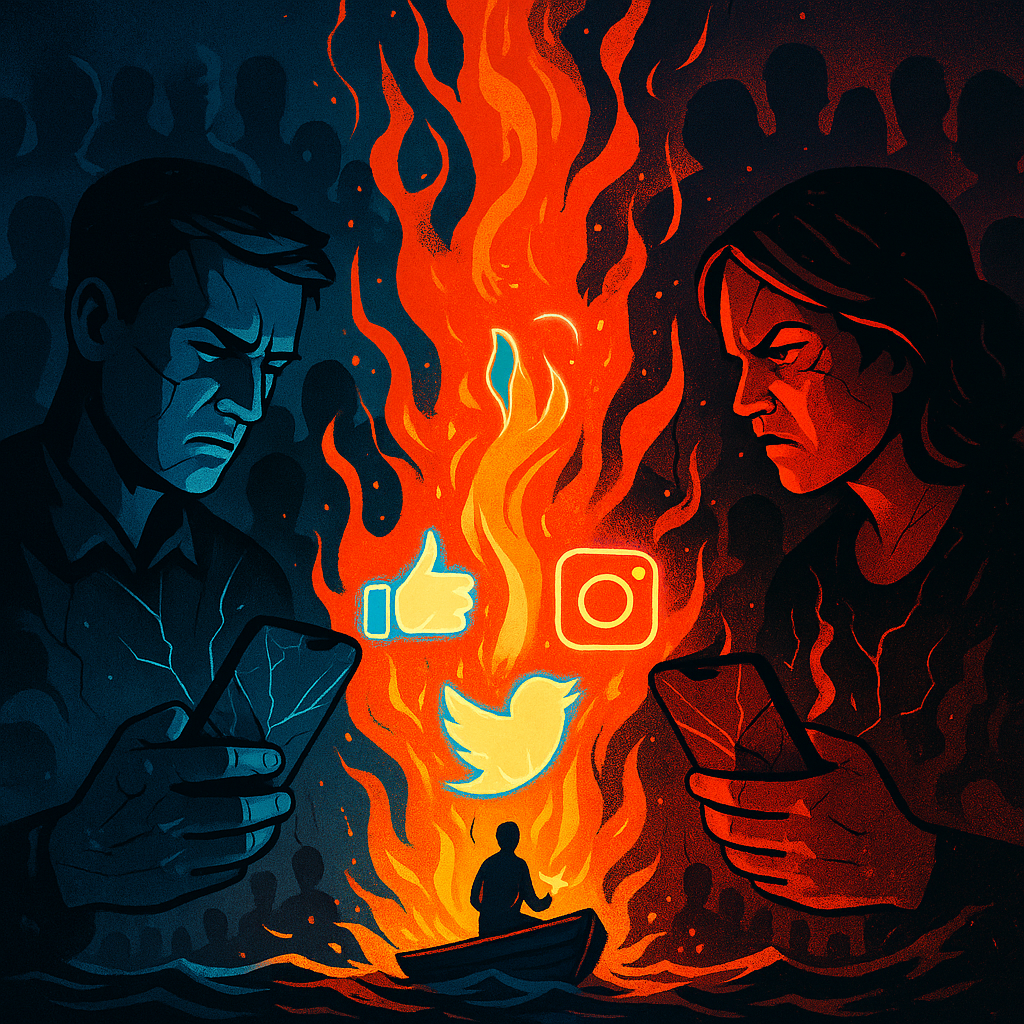How Social Media Is Making a Generation Antisocial—and What We Can Do About It
In an age where everyone seems to be “connected,” many experts argue that people—especially young men—are feeling more isolated than ever. With notifications pinging and countless hours spent scrolling, social media has become both an integral part of our lives and a chief suspect in the rise of antisocial behaviors. So, how did we get here, and is there a way to regain authentic human connection?
In this article, we’ll explore the profound impact social media has on communication skills, relationships, mental health, and overall social behavior. Along the way, we’ll reference expert opinions and eye-opening statistics. Whether you’re a concerned father, a mentor, or just someone who wants to understand modern social dynamics, read on to discover why social media might be making us more antisocial—and what we can do to reclaim genuine human interaction.
1. The Digital Era: A New Normal
A Generation Raised Online
The last decade has witnessed an explosion in smartphone and social media usage. According to the Pew Research Center, 97% of teenagers in the U.S. use at least one major social media platform, and many check their feeds multiple times throughout the day. Meanwhile, adults—and particularly men—are not far behind, often using social media for news, networking, or entertainment.
While platforms like Instagram, TikTok, and Twitter offer immediate connections to global audiences, they also serve as potential distractions from in-person interactions. The once-simple act of chatting around a coffee table has evolved into group chats, social feeds, and digital notifications. Many psychologists argue that this fundamental shift in how we communicate is having ripple effects on our mental health and interpersonal skills.
2. Communication Skills: From Face-to-Face to Screen-to-Screen
The Decline of Real Conversations
What happens when the majority of our conversations take place through screens rather than face-to-face? Communication experts suggest a decline in empathy, listening skills, and the ability to interpret nonverbal cues. Dr. Sherry Turkle, a professor at MIT and author of Reclaiming Conversation: The Power of Talk in a Digital Age, states, “When we clean up our conversations with technology, we move from talking to doing things like texting, and we lose those vital, messy nuances of real-life interaction.”
Shortcut Language and Attention Spans
Furthermore, texting and social media posts favor brevity. Emojis, likes, and short captions often replace deeper, meaningful dialogue. As a result, attention spans wane, making it harder for many people—particularly younger men—to engage in extended conversations, both online and offline. According to a Microsoft study, the average human attention span has dropped to about 8 seconds, down from 12 seconds in the early 2000s.
3. The Ripple Effect on Relationships and Mental Health
Shallow Connections vs. Deep Bonds
Social media platforms encourage widespread yet superficial connections. We might gain thousands of “friends” or “followers,” but how many of these relationships are genuinely supportive or emotionally fulfilling? Research published in the journal Computers in Human Behavior found that higher social media use correlates with higher feelings of loneliness—a paradox that underscores social media’s inherent superficiality.
For men in particular, building and maintaining deep friendships can already be challenging due to societal pressures around masculinity. Adding social media into the mix often creates an illusion of community without the real substance of offline bonds.
The Comparison Trap
Scrolling through highlight reels on social media can also fuel unhealthy comparisons and exacerbate insecurities. Men might feel pressured to compete with idealized body images, lifestyles, or financial statuses. A 2022 study by the Royal Society for Public Health reported that social media use significantly increases feelings of inadequacy and anxiety, potentially spiraling into depression or other mental health issues.
4. How Social Media Encourages Antisocial Behavior
Trolls and Cancel Culture
Another darker side of social media is the rampant spread of trolling, harassment, and cancel culture. These antisocial behaviors thrive in online spaces where anonymity and emotional distance lessen the repercussions of aggressive or hostile interactions. According to a survey by Statista, nearly 40% of men and women have experienced some form of online harassment, showing just how prevalent toxic online behavior has become.
The Rewards of Isolation
Social media algorithms capitalize on users staying glued to their screens, often rewarding behaviors that increase engagement—good or bad. Negative or divisive content garners strong reactions, encouraging a cycle that can further alienate individuals from healthy, real-world social interactions.
5. Turning the Tide: How to Reclaim Real Connection
Despite the ominous picture, social media doesn’t have to be the enemy. Like any tool, it’s about how we use it. Below are some strategies to foster more balanced, fulfilling social lives.
- Set Boundaries
Limit screen time and notifications. Apps like Freedom or Moment can help you monitor and reduce your time on social platforms. - Prioritize Face-to-Face Interactions
Make a conscious effort to meet friends or family in person. Face-to-face conversations help strengthen bonds and improve communication skills. - Practice Digital Detoxes
Designate specific times—such as weekends or evenings—to unplug from social media. Studies indicate that even short breaks from social media can significantly reduce stress and improve well-being. - Curate Your Feed
Unfollow accounts that provoke negative emotions or foster unhealthy comparisons. Instead, follow content creators and communities that promote positivity, education, and empowerment. - Engage in Meaningful Online Activities
Rather than mindless scrolling, seek out online forums or groups where you can have constructive, respectful conversations. This can provide a sense of community without the toxicity.
6. Expert Opinions
- Jean Twenge, author of iGen:
“The more time teens spend on screens, the more likely they are to report symptoms of depression.” - Dr. Vivek Murthy, U.S. Surgeon General:
“Excessive social media use can lead to decreased social connection and increased loneliness.”
7. The Broader Implications
The shift towards digital-first interactions isn’t solely about losing social skills—it may also influence career prospects, dating life, and overall emotional well-being. By being aware of how social media can hinder authentic human connection, men—and society at large—can take steps to counteract its negative effects.
Ultimately, social media itself isn’t inherently evil. It’s a powerful tool that brings people together, spreads information, and offers entertainment. The challenge lies in ensuring it doesn’t become our only tool for communication and self-expression.
Conclusion: Finding Balance and Authenticity
As social media continues to shape our culture, it’s essential to maintain a balanced perspective. Yes, it offers unprecedented opportunities for networking and idea-sharing. But when it starts replacing meaningful conversations and face-to-face interaction, we risk becoming more isolated and antisocial than ever.
To foster genuine relationships, focus on building real-world connections, setting healthy boundaries, and using social media mindfully. As Dr. Sherry Turkle puts it, “We must remember how to be alone together.” If we can strike that balance—harnessing the benefits of social media while preserving authentic human connection—we’ll be on the path to a healthier, more social generation.
References and Further Reading:
- Pew Research Center: Social Media Fact Sheet
- Microsoft Study on Attention Spans
- Dr. Sherry Turkle’s Research
- Jean Twenge’s iGen Book
- FTC Consumer Advice on Social Media Use
- Royal Society for Public Health: #StatusofMind
By understanding the intricacies of social media’s impact on our lives, we can start meaningful conversations about its role and work toward solutions that allow us to thrive—online and off. Share this article with your friends, join the dialogue in the comments, and help build a healthier digital world for this generation and beyond.




